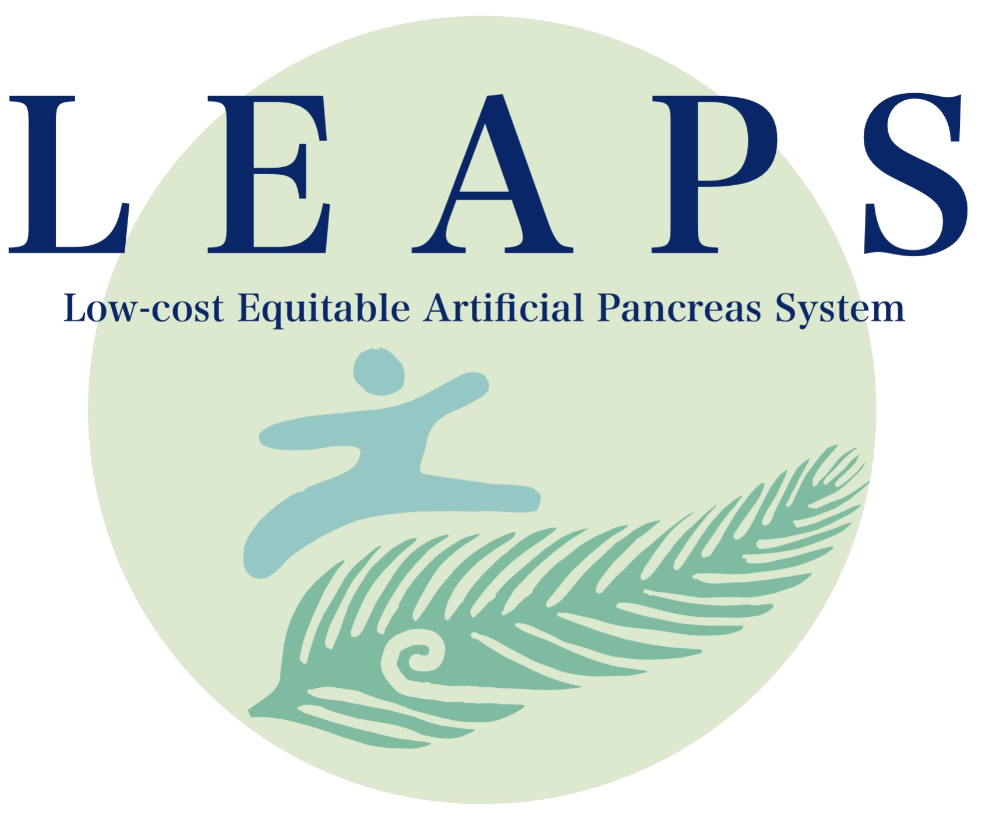Community engagement in Hokianga
Research and medical device development can be often limited to the lab, designing technology from an engineer’s perspective, not the end user. Without active engagement and involvement, the community of end users will reduce uptake and mistrust of the medical device industry increases.
By engaging with the community and stakeholders from the beginning, LEAPS is preventing this all too common pitfall. As part of our community engagement program, the LEAPS founding team travelled to Te Tai Tokerau to begin engagement within the Hokianga region. This trip covered three days based in Opononi, consisting of multiple hui, including on marae, dinner conversations, and a visitor center.
View out from Opononi to the Hokianga Harbour.
This trip was particularly important to Jake as his whanau are from Te Rarawa, an iwi in Te Tai Tokerau. His marae in Mitimiti is an example of the struggle to access healthcare in New Zealand as the nearest health center is over an hours drive away. By engaging with rural Māori communities, our devices will be co-designed to empower greater health outcomes in these communities.
From left, Dr. Jen Wong, Dr Grace Walker, Dr Lui Holder-Pearson, Dr Jake Campbell (Dr Jessie Fitzjohn joined after a later flight) stopped for a visit to Tane Mahuta, Aotearoa’s largest tree, and the fifth largest by volume in the world.
There were a range of learnings we got from the community, as a team we learnt:
Conventional university ethics and consent forms do not fit in with Māori engagement. Requiring to stop and ask for signatures after the pōwhiri halted the momentum of our whakawhaunagatanga. Participants had already welcomed us and showed us in good faith they wish to engage, and for us to use their knowledge.
As a result, the team developed a kawenata as part of future participant’s consent process to ensure that engagement with Maori community is done in the best practice that works for them. Our conversation with the university research ethics chair was supportive of this change.‘Not another bloody app!’—the idea of tech is great, but likewise, how can it make life easier for people rather than learn something new and complicated? A challenge we will have to try and overcome as Jake and Lui continue to work on developing the technologies.
Devices are great and very much needed, but there is still the struggle of accessible IT services and health services within rural communities. How can we contribute to improving the health and lives of diabetics, when the tech might be too advanced for their health providers to access the information? This is a whakaaro that needs to be considered and taken up as we begin the other half of our social science research over this summer: Engagement with local health providers.
If you would like to know more, then follow us and our journey! Our social science team is starting to grow, with Lucy Jessep and Jake Watson joining under the supervision of Jen and Grace. We look forward to continuing our engagement with other communities, and sharing it with those who are interested in our journey.
Jen, Grace, & Jake
10/12/22


